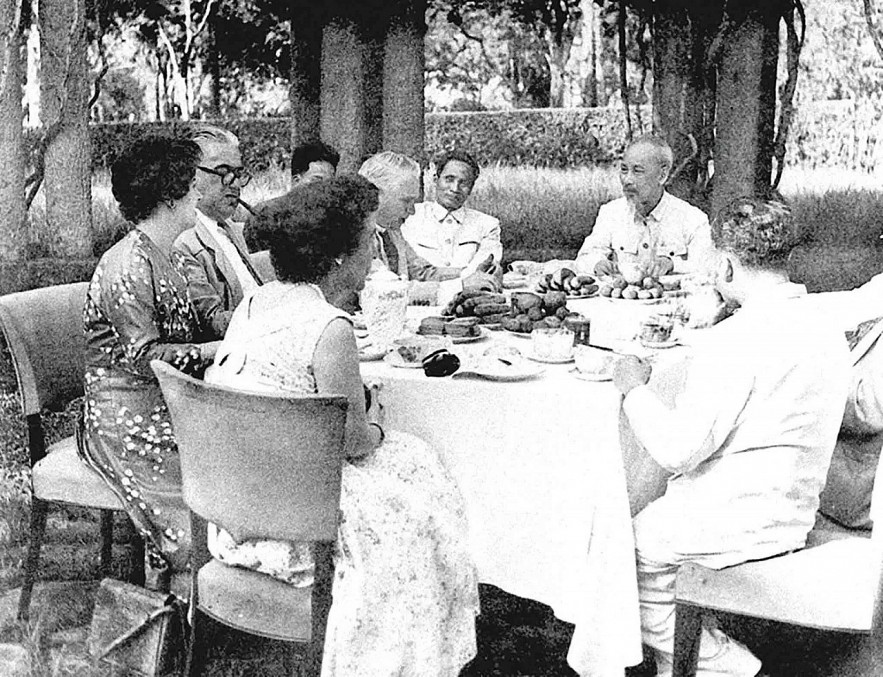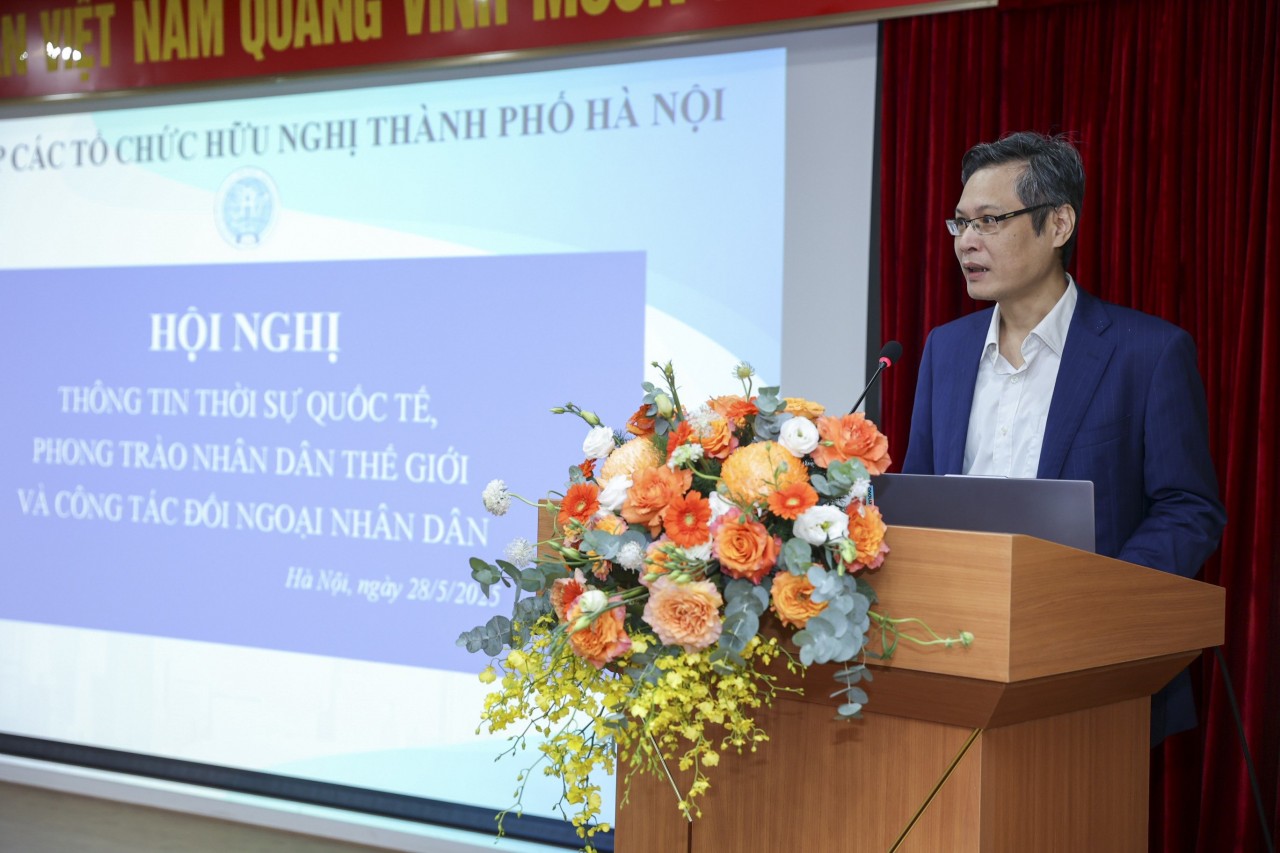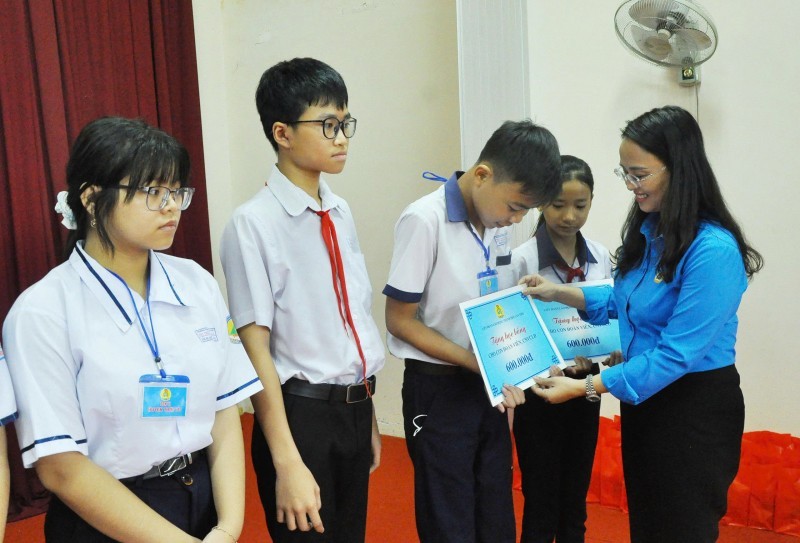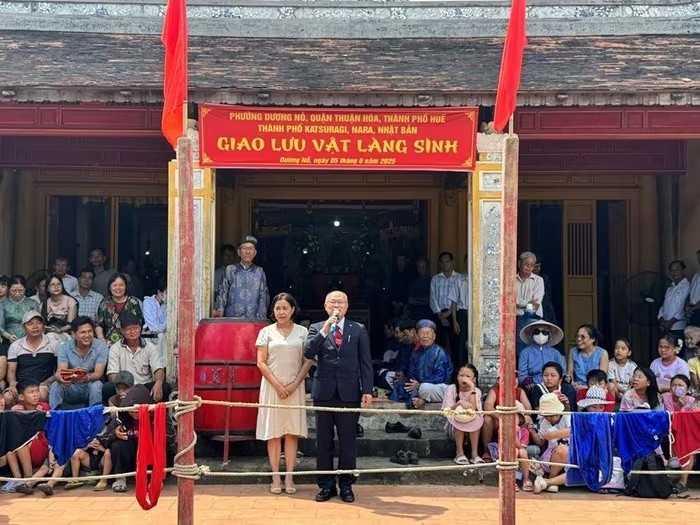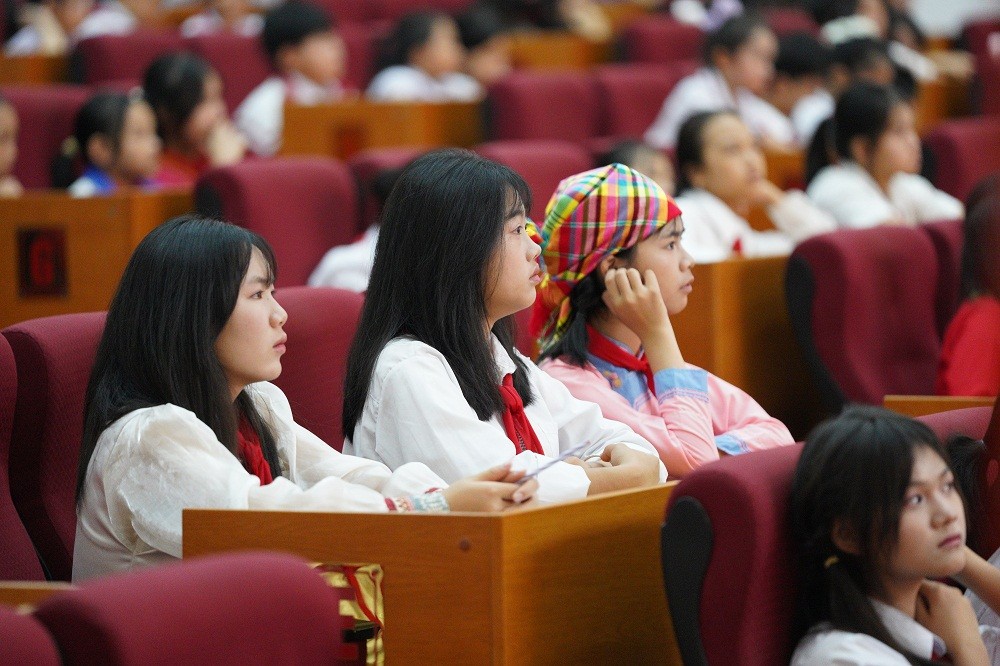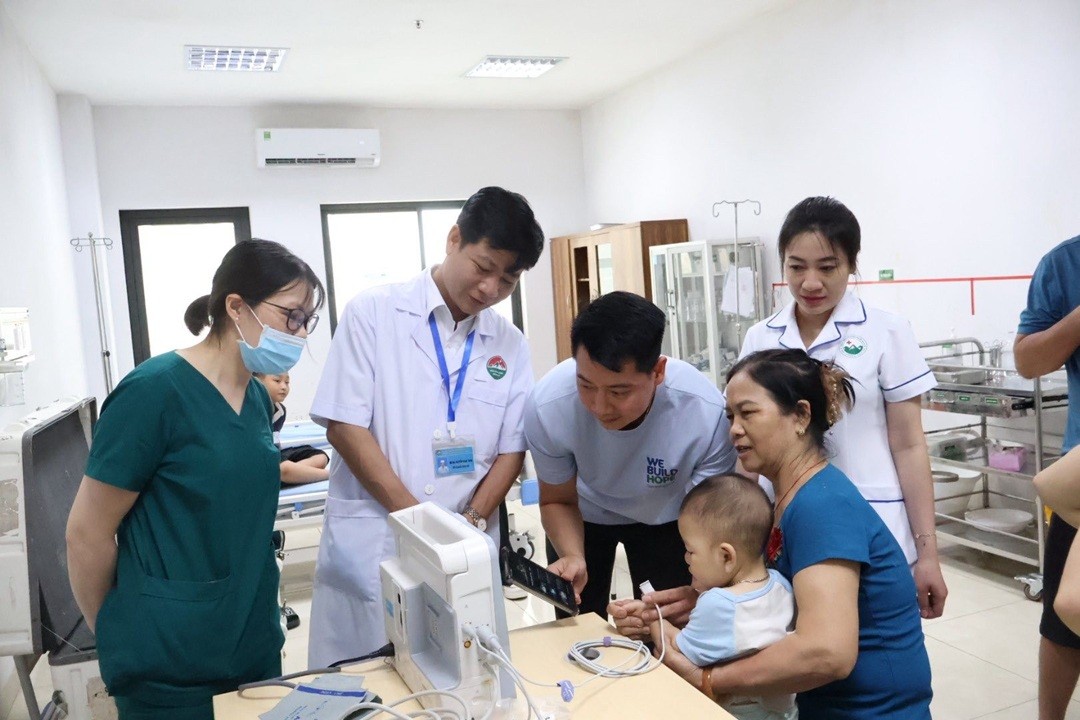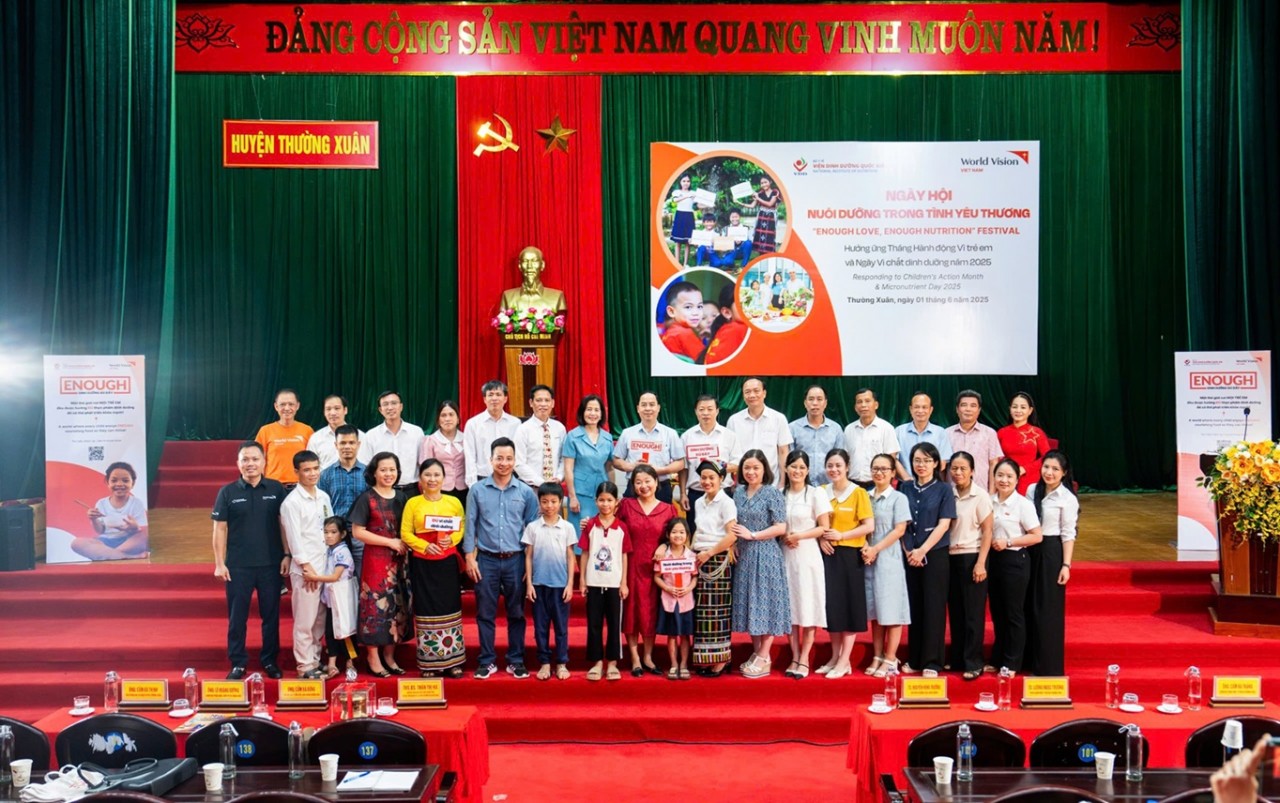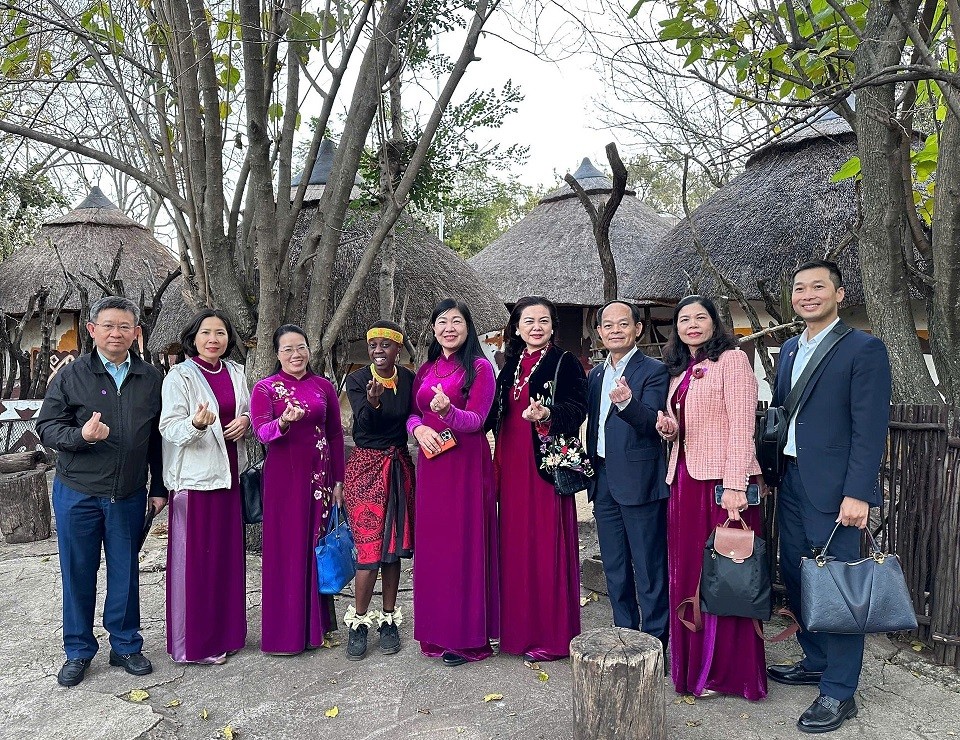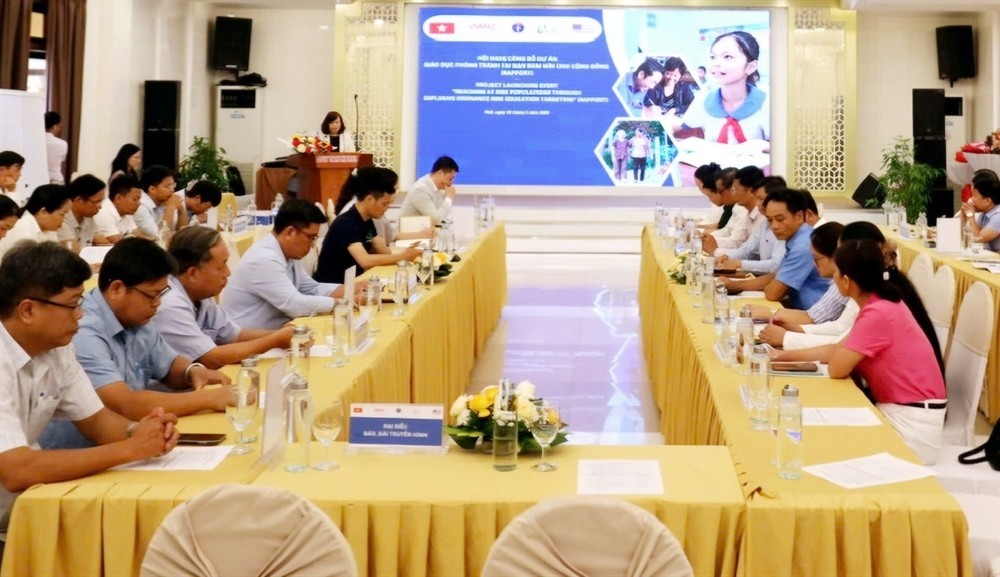When it comes to Ho Chi Minh’s diplomatic thought, it can be distilled into a few core principles. First and foremost, patriotism; second, a deep understanding of the nation’s traditions; and third, the fusion of national strength with the spirit of the times—especially the pursuit of peace and harmony.
President Ho always emphasized that Vietnamese diplomacy must be rooted in the nation's traditions, patriotism, and the people’s interests. In dealing with the international community, his approach was grounded in peace, harmony, friendship, cooperation, and a strategic combination of national strength with global trends. He sought not only to unite the Vietnamese people at home, but also to foster solidarity between Vietnam and the world. To achieve that, he believed in championing universal values and a just cause. Across the globe, there are shared, universal values—humanism, compassion, and adherence to the principles of international law.
As for Ho Chi Minh’s diplomatic style, he embodied a towering moral figure. In his diplomatic engagements, he relied on simplicity, humility, and sincerity to win hearts. At the same time, he was remarkably refined, skillfully blending Eastern and Western cultures, and always placing morality and personal integrity at the center.
For me, the most profound and lasting impression is the need to learn from Ho Chi Minh’s concept of “diplomacy of the heart”—using righteousness, morality, and the humanistic values of our nation, along with the universal values of humanity, to conduct foreign affairs.
Vietnam today holds a different position on the world stage. However, we still face challenges such as great power competition and certain strategic dilemmas. In your view, which of President Ho Chi Minh’s teachings are most important for Vietnam’s international conduct in the current context?
One of President Ho Chi Minh’s most important teachings is “Look far, think deep.” This phrase, deeply rooted in Eastern philosophy, reflects a strategic mindset—one that calls for knowing oneself, understanding others, grasping the dynamics of the times, and knowing when to advance or retreat, when to adapt.
To “look far, think deep” means to adopt a strategic vision grounded in national interests, to understand how the world is evolving, and to recognize what our nation truly needs.
Today’s world is undergoing complex and rapid changes, including rising great-power competition and mounting pressure to take sides. Vietnam lies in the dynamic Asia–Pacific region—a key driver of global growth. This gives us strategic advantages in engaging with major powers to fuel our development, but it also places us in the middle of geopolitical rivalries.
Vietnam’s position, rooted in Ho Chi Minh’s diplomatic thought, is clear: we seek to be a friend to all nations and to diversify and multilateralize our external relations. We avoid taking sides and uphold the principle of “four no’s” in national defense—meaning we don’t ally with one side against another. In today’s interdependent world, every major power and regional country represents a strategic environment for Vietnam. Our goal is to maintain good relations with all partners, especially as our role in global supply chains continues to grow.
President Ho Chi Minh once expressed his desire for Vietnam to be friends with all nations, to build partnerships, and to become a responsible member of the international community. Today, that vision is increasingly evident, as Vietnam continues to expand its diplomatic ties. How do you view this development?
President Ho made it clear that Vietnam seeks friendly relations with all democratic nations—those that respect and wish to cooperate with us.
Today, we are actively pursuing a foreign policy of diversification and multilateralization, striving to be a friend to all and a responsible global actor. The broader our diplomatic engagement becomes, the more favorable the environment we create for peace and development.
I would emphasize two key points here.
First, while Vietnam seeks to expand cooperation, it’s also clear that our international partners need us as well. In other words, Vietnam’s position has risen significantly. When we build partnerships, it’s not just Vietnam that benefits—our counterparts do too. That’s why, in this current phase, as we deepen ties across Southeast Asia, Asia-Pacific, major powers, and long-standing friends, we’re witnessing Vietnam’s growing strategic relevance. Countries recognize this, and they share a vested interest in strengthening their relationship with Vietnam.
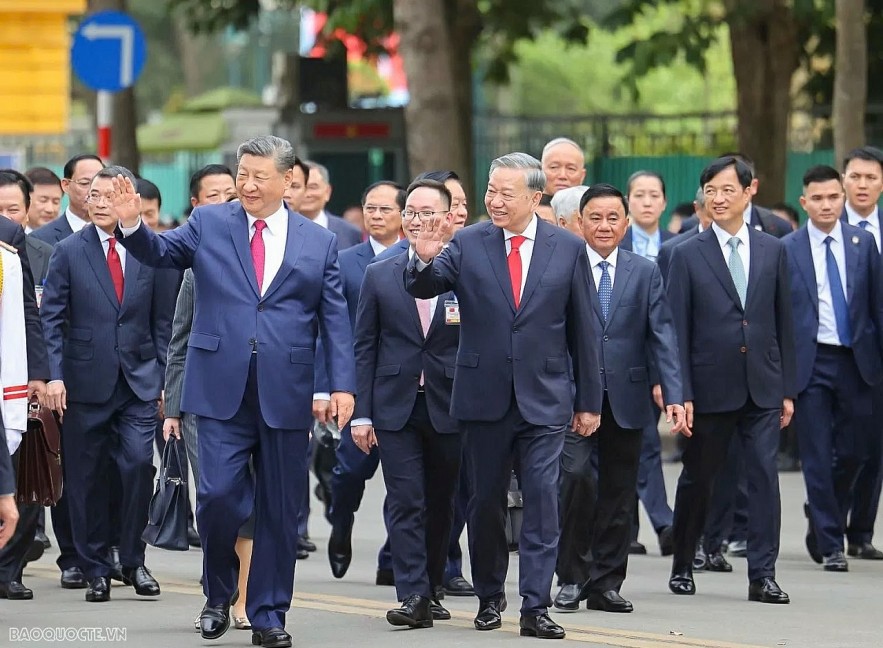 |
| General Secretary and President of China Xi Jinping’s state visit to Vietnam in April 2025. (Photo: Nguyen Hong) |
Second, Vietnam’s foreign policy strategy focuses on both breadth and depth. While we aim for broad engagement, we place particular importance on key partners and regions: our immediate neighborhood in Southeast Asia and the wider Asia–Pacific region; major centers of power such as the United States, China, the European Union, Japan, and North America; and, importantly, our traditional friends. Over the past few years—especially in the last three—Vietnam’s diplomatic efforts have reflected this balanced and targeted approach.
Moreover, our outreach signals a genuine desire to foster cooperation and to contribute to peace and stability not just for ourselves, but for the region and the world at large. We want all nations to benefit from peaceful cooperation.
Vietnam also acknowledges not only the opportunities of global engagement but the shared challenges we all face—such as non-traditional security threats, climate change, rising sea levels, pandemics, and terrorism. No single country can tackle these issues effectively on its own without international collaboration.
We are equally committed to addressing regional conflicts and crises through peaceful means, based on international law. We also face development challenges, especially in adapting to the rapid evolution of science and technology, and in transforming our development model through digital and green transitions.
That’s why, as we expand our international partnerships, we are promoting cooperation across all sectors—ensuring comprehensive, mutually beneficial collaboration for the future.
 | HCMC Vietnam–Japan Association Donates Books to 11 Schools The Ho Chi Minh City Vietnam–Japan Friendship Association presented reference books to 11 schools in Ho Chi Minh City on the morning of April 4, ... |
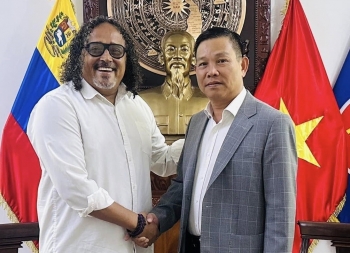 | Venezuelan Artists Commemorate President Ho Chi Minh through Revolution Music "Forever Ho Chi Minh" art program will take place at the Bolivar Theater in Caracas on May 21, in commemoration of the 135th anniversary of ... |

